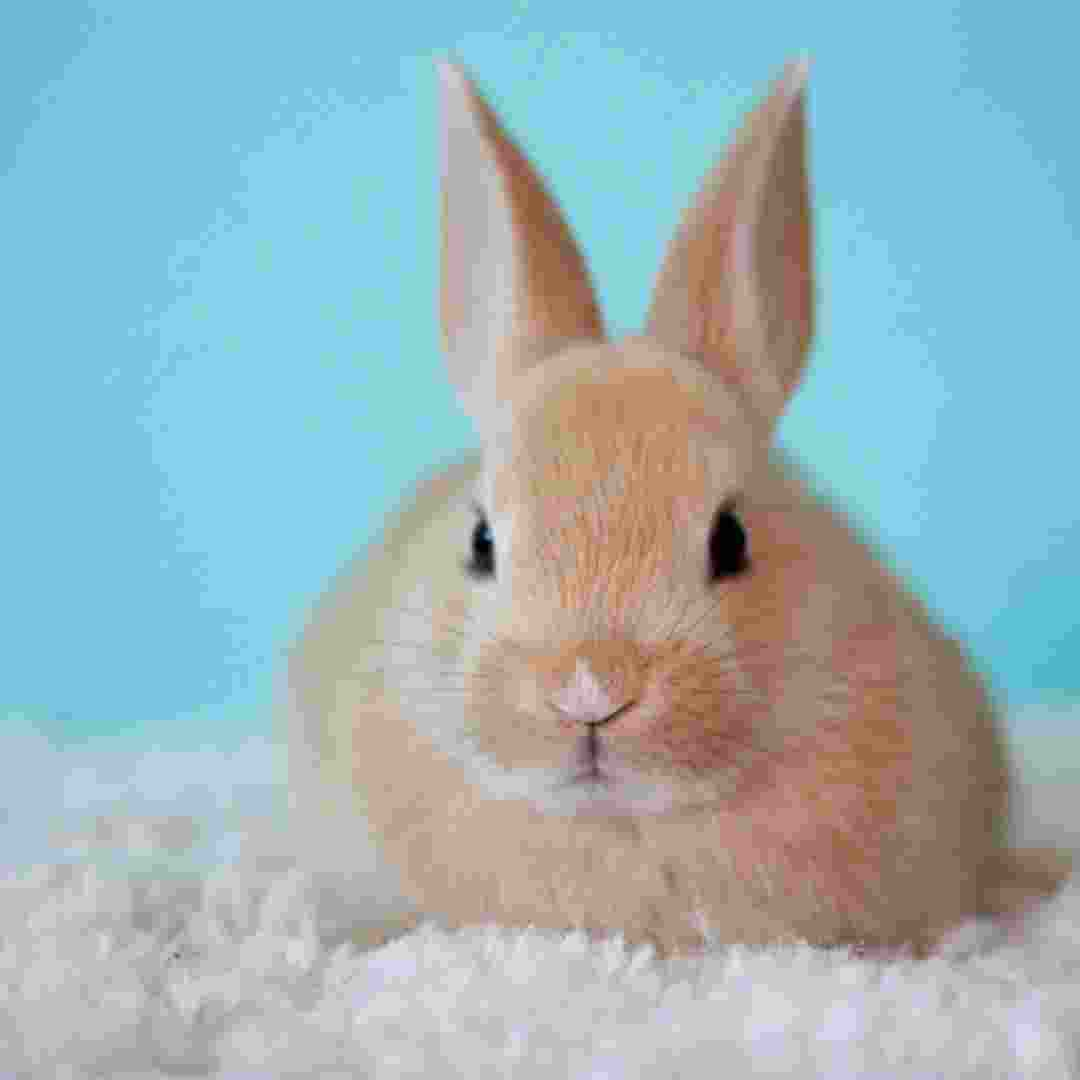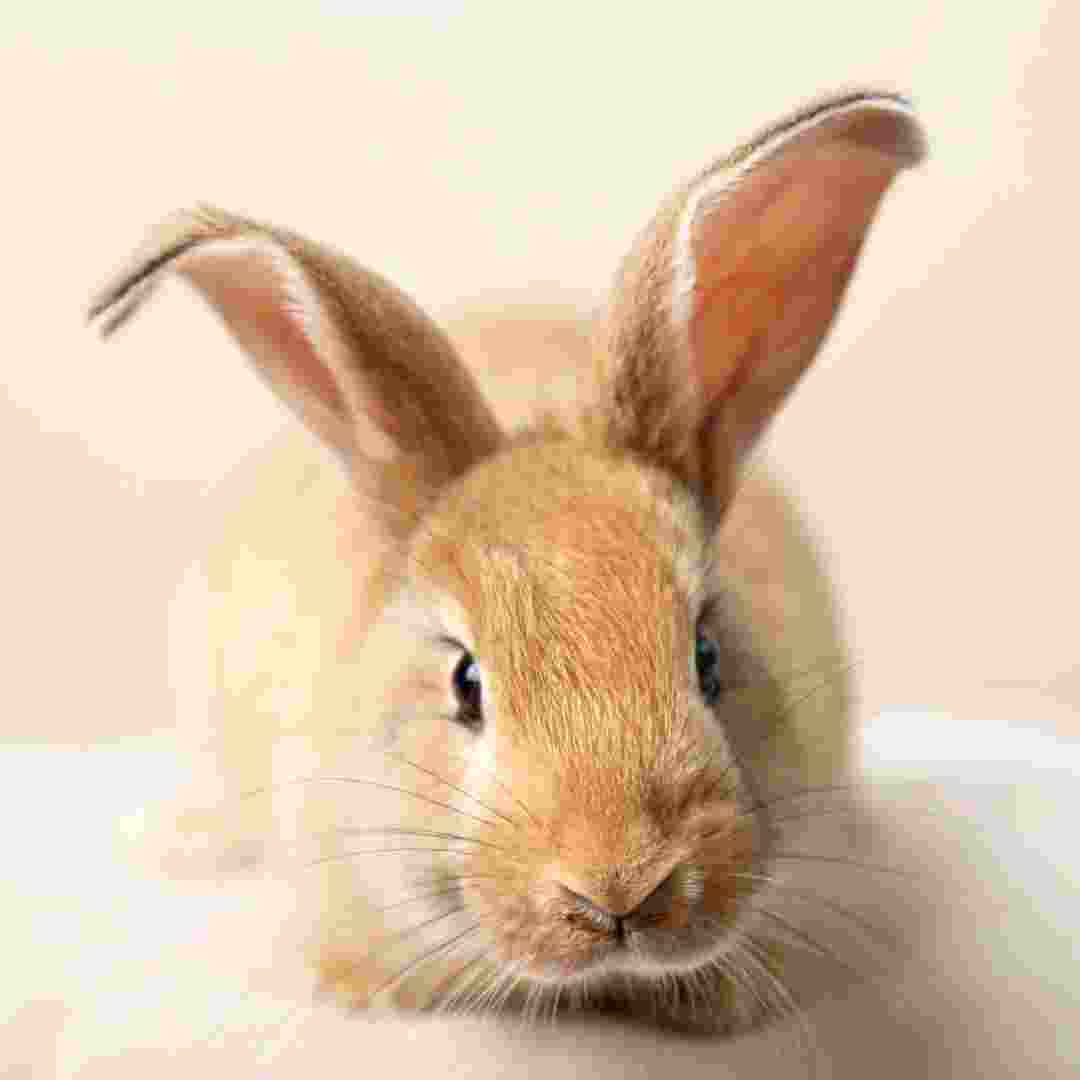Contents Table
Introduction
Rabbit Hiccups: Causes and Treatment
Telling if your rabbit has hiccups
Rabbit Hiccups vs. Other Respiratory Issues
Popular Rabbit Hiccup Home Remedies
Future Rabbit Hiccups Prevention
Q&A
Conclusion
Introduction
Bunnies are cute and funny, and they have hiccups too. Rabbits often get hiccups for many reasons. This page discusses rabbit hiccups, how to diagnose them, and how to treat them. Rabbit hiccup prevention tips will also be discussed. Read on to find out if rabbits experience hiccups and how to treat them!
Rabbit Hiccups: Causes and Treatment
Many things can induce rabbit hiccups, a common pet rabbit issue. A quick temperature or air pressure change causes most rabbit hiccups. Stress, excitement, or an abrupt diet change may also induce it.
Most rabbit hiccups are harmless and resolve on their own. If the hiccups last more than a few minutes, they should be treated.
The first step in treating rabbit hiccups is finding the reason. If a sudden temperature or air pressure shift causes hiccups, make sure the rabbit is comfortable. If stress or excitement causes hiccups, give the rabbit a quiet place. Ensure the rabbit is eating a balanced diet if a quick diet change causes hiccups.
Rabbit hiccups can be treated in numerous ways, including addressing the cause. These include giving the rabbit a warm, damp cloth to lay on, gently rubbing its chest, and distracting it with a toy or treat.
If the hiccups last more than a few minutes, visit a vet. Hiccups can be diagnosed and treated by a veterinarian.
In conclusion, rabbit hiccups are widespread and typically harmless. If the rabbit has hiccups for more than a few minutes, it's crucial to find the cause and treat it.
Telling if your rabbit has hiccups
Rabbits can hiccup like humans. You should be able to spot hiccups in your bunny and help it.
Rabbit hiccups are characterised by rapid, shallow breathing, chest jerks, and diaphragm spasms. Your rabbit may also sneeze or gasp. These indicators suggest your rabbit has hiccups.
Helping your rabbit with hiccups is crucial. First, talk and pet your rabbit lightly to relax them. You can also distract them with a treat or play. If these approaches fail, massage or warm compress your rabbit's chest.
If your rabbit's hiccups persist, see a vet. Professionals should inspect your rabbit if it has hiccups, which may indicate a medical issue.
You can keep your rabbit healthy and comfortable by recognising hiccups and helping them.
Rabbit Hiccups vs. Other Respiratory Issues
Rabbits of all ages can get hiccups. Though they sound like human hiccups, they are different. Rabbit hiccups are caused by diaphragm spasms. The rabbit hiccups when it takes a short breath during this spasm.
Rabbit hiccups are usually harmless. Usually harmless, they disappear on their own. If the hiccups last more than a few minutes, take your rabbit to the vet to rule out serious conditions.
Other rabbit respiratory disorders can be more dangerous. Infections, allergies, and tumours are examples. These conditions can cause breathing problems, coughing, sneezing, and wheezing. A vet should diagnose and treat your rabbit if they exhibit any of these symptoms.
In conclusion, rabbit hiccups are common and harmless. However, if your rabbit has other respiratory problems, take them to the vet for diagnosis and treatment.
Popular Rabbit Hiccup Home Remedies
Rabbit hiccups are frequent yet can indicate a significant health condition. If your rabbit has hiccups, take it to the vet to rule out health issues. In the meanwhile, home treatments may aid with hiccups.
Distraction is one of the best rabbit hiccup home treatments. Give your rabbit a treat or toy. This can distract them from the hiccups.
Warm compresses are another home treatment. Put a warm, damp cloth on your rabbit's breast and abdomen. It can relax muscles and minimise hiccups.
You can also massage your rabbit's chest and abdomen. Massage gently in circles. It can relax muscles and minimise hiccups.
Finally, create a relaxing atmosphere. Maintain a peaceful, pleasant environment and offer your rabbit with fresh water and hay. This can alleviate stress and anxiety, reducing hiccups.
Home cures may ease your rabbit's hiccups, but take them to the doctor if they persist.
Future Rabbit Hiccups Prevention
There are ways to prevent rabbit hiccups, which are prevalent.
Make sure your rabbit is consuming a balanced diet. A diet high in fibre and low in sugar and fat helps prevent hiccups. Give your rabbit plenty of fresh vegetables and hay to support their digestive tract.
Second, your bunny needs a stress-free environment. Rabbits are easily stressed, so provide them a safe, comfortable place. Avoid startling your rabbit with loud noises and rapid movements.
Third, give your bunny ample exercise. Exercise can maintain your rabbit's digestive system healthy and reduce hiccups.
Finally, monitor your rabbit's health. If your rabbit seems sick, take it to the vet. Additionally, watch for behavioural changes in your rabbit that may suggest a health issue.
Following these actions can help prevent rabbit hiccups.

Q&A
1. Do rabbits hiccup?
Rabbits can hiccup like humans.
2. What causes rabbit hiccups?
Eating too fast, enthusiasm, or stress might produce rabbit hiccups.
3. Can I tell if my rabbit hiccups?
Your rabbit's chest or abdomen may move rapidly or hiccup.
4. Are rabbit hiccups dangerous?
Hiccups in rabbits are normally harmless and fade away on their own.
5. How can I aid my rabbit with hiccups?
You can relax your rabbit by caressing or talking quietly. Try offering them little amounts of food or a reward to distract them from the hiccups.
Conclusion
In conclusion, rabbits can hiccup like humans. Fast eating, excessive drinking, and stress can produce rabbit hiccups. Hiccups should be monitored to rule out any health conditions in your rabbit. If the hiccups persist, see a vet.
